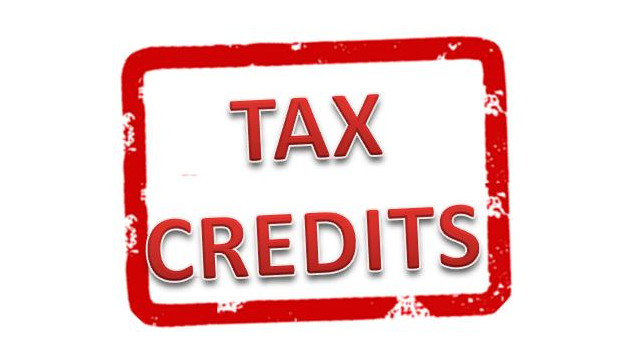By Julio Gonzalez.
Recently the IRS surprised many people in the world of research and development (R&D) tax credits. Suddenly, companies filing retroactively to capture the credit on an amended return for prior years must now also include much more detailed supporting documentation and substantiation. Since the new guidance takes effect very soon on January 10 next year, the process to compile the necessary data will take considerably more effort if your tax credit application is to pass review.
As you can imagine, CPA firms and business owners around the country are scrambling to meet these new, stringent reporting requirements with less than two months to go. As tax professionals, it’s now our responsibility to support our clients to help meet their needs.
Also, please note: if new regulations in the Build Back Better Act aren’t passed, amortization rules relating to the R&D tax credit’s accounting method and utilization will also take effect next year. As a result, these changes may also make claiming the credit more difficult and reduce the tax credit’s immediate benefit.
On September 17, the IRS Office of the General Council released a memorandum that outlined the new rules. To qualify for the tax credit on amended returns, taxpayers must now furnish this information:
-
Identify all business components to which the research credit claim relates for that year.
-
For each business component:
-
Identify all research activities performed;
-
Identify all individuals who performed each research activity;
-
Identify all information each individual sought to discover.
-
Use Form 6765, Credit for Increasing Research Activities, to provide the total qualified employee wage expenses, total qualified supply expenses and total qualified contract research expenses for the claim year.
Because the formal rules were announced on the afternoon of October 15 with an effective date of January 10, 2022, taxpayers were being given a three-month advance warning period when this will take effect. This means that if you’re filing for R&D tax credits in an amended prior year return and your recordkeeping hasn’t met all of this newly introduced criteria, you’re going to have to scramble to ensure that by January 10, you will have retroactively collected the additionally required information from now back till January 1, 2021, and going forward, you’re going to have to adhere to these new reporting standards for your ongoing research activities.
By announcing this rule change on such short notice, the IRS is also putting taxpayers at a serious disadvantage. Working across several industries and businesses, every company tracks its expenses and efforts differently. Forcing everyone to adhere to a cookie-cutter approach severely disadvantages small businesses and those with few resources as it is to claim R&D tax credits.
As trusted advisors and strategic partners, it’s our job as CPA professionals to alert our clients of these new regulations and to do everything in our power to effectuate compliance. Unfortunately, this also means an added burden on our clients’ tax departments, but the only consolation is, this is a one-off event. Going forward, we know that compliance with these more detailed recordkeeping requirements for amended returns for prior years is necessary; and if it means that the R&D tax credits of our valued clients will be honored, then it is certainly worth it.
There’s another reason to cheer on the R&D tax credits: they keep America strong and competitive! As federal and state tax incentives are meant to stimulate job growth, technical design, and product development and enhancement, they also keep the U.S. on the forefront of innovation. They help reimburse companies that develop new products, processes, or inventions and offer a significant percentage back to the company for qualified research activities and qualified research expenses.
Here’s the imperative situation: the U.S. is losing high-paying jobs tied to manufacturing and innovation to competitive overseas markets. The R&D tax credit is one of our country’s best defenses to try to stem this loss. This is because the R&D tax credit is, in reality, a jobs credit—a wage credit—that incentivizes businesses to create and keep high-paying and strategically important jobs in the U.S. that help us maintain our competitive edge in next-generation design, manufacturing, technology and medical breakthroughs.
=====
Named Top 100 Most Influential People by Accounting Today, Julio Gonzalez is truly the nation’s forefather of specialty tax services. His focus is bringing specialized engineering tax studies to mainstream America, which historically had only been available to Fortune 500 and public companies through National Accounting Firms. These tax services are critical to creating, preserving and maintaining U.S.-based jobs. Julio is the CEO of Engineered Tax Services, The Growth Partnership, and ABLE: CRM for Accountants, the founder of Rockerbox, and developer of the Engineered Tax Services cost segregation app.
Additionally, Julio works weekly with the Administration, Congress, and Senate to advise on tax reform. He is the go-to tax expert, representing many national organizations and associations. He is a regular national public speaker regarding tax reform and tax sophistication for wealth preservation. To get in contact with Julio or learn more about how you can partner with Engineered Tax Services to grow your firm, please contact Julio through his website.
Thanks for reading CPA Practice Advisor!
Subscribe Already registered? Log In
Need more information? Read the FAQs




